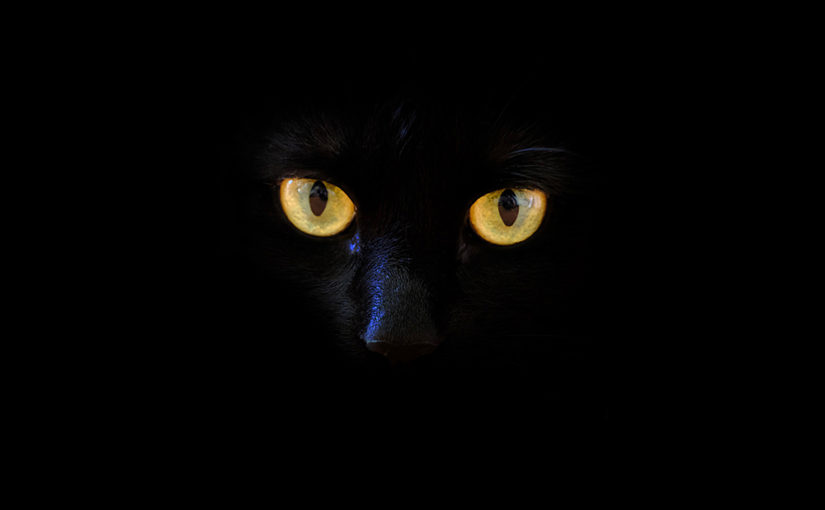I originally resisted reading Susan Cain’s Quiet: The Power of Introverts in a World That Can’t Stop Talking because it sounded like a pop psychology book, an ideal publication that could be touted to the majority of the book-buying population. “Of course introversion has strengths and weaknesses, duh!” I thought, rolling my eyes at the cover. But I’m glad I read it. Instead of a fluffy read, I found Quiet to be a well-researched and carefully considered tome describing introversion and extroversion in nuance I hadn’t previously considered.
My main takeaway from Quiet was that studies show introverts actually experience life differently than extroverts: introverts physiologically receive more stimulus from sensations than extroverts. So being alone in a quiet room may be the perfect level of stimulus for an introvert, whereas an extrovert probably finds that same situation under-stimulating. Likewise, a rowdy party or a buzzing open-floorplan office might be engaging to an extrovert, while the same environment could quickly exhaust an introvert.
This notion that I might be more sensitive to stimulus has been a useful mental model for me. I’ve started taking notice when I feel overwhelmed and act to remove stimulus from my environment. This can be anything from closing open browser tabs, changing to a quieter environment, or switching music to a track on repeat to make my environment feel more monotonous. If I’m not able to change anything in my environment (say, I’m stuck at a social event), then I find taking some deep breaths and mentally scanning my body can create space and ease the overstimulation.
At first I found it embarrassing that my threshold for overstimulation is so low, but I’ve come to view the situation as impersonal: I’ve simply been given an instrument that’s a bit hypersensitive, and it requires a little bit of extra care. This care includes not expecting it to perform optimally in situations with lots of competing input.
Managing expectations of introverts is a running theme in Quiet; Cain writes that one of the primary motivators for her to write the book was to help extroverted parents understand their introvert children. Indeed I can see how better understanding my nature would have allowed me to better guide myself earlier in life. When I was fresh out of college, I moved to Brooklyn and attempted to waitress in order to make ends meet. But my social reflexes were impossibly slow, especially compared to my extraverted colleagues who cheerfully winked, “I’ll be right with you!” at expectant diners as they took orders from three other tables. After a particularly chaotic Saturday shift, with one trying situation after another without any time to process, I melted down. Why am I so bad at this? What is wrong with me? I quit.
After that I found a temp data entry job at a law office. It was exceedingly boring work, or at least it was for the other temps. But I was in heaven. The office was so quiet and… they left me alone all day! While my extroverted colleagues gathered to laugh at internet memes, I kept quietly entertained by competing with myself for how quickly I could produce rows on a spreadsheet.
But Cain argues that introverts’ virtues extend beyond data entry(!): by hearing their internal voices louder, introverts may find it easier to tune into their internal compass of truth. Cain’s exemplary of this is Rosa Parks, an introvert who acted on her inner authority of right and wrong and changed the world from that conviction.
While the book is mostly dedicated to defending introverts, I closed it appreciating both extroverts and introverts more. I thought fondly of my extrovert friends who dragged me out to lively happenings and my sister whose abundant social network I depended on for years. I thought of my extrovert colleagues who engage a whole group of people to accomplish something far greater than would be completed had they only thought to go at it alone.
But my favorite takeaway from Cain was a notion that a life spent reading by a fireplace can be every bit as satisfying as one spent hobnobbing the world over. It feels unglamorous to eschew nights out in order to wake up early and unravel inner thought processes, but it’s these periods of quiet thought that give me the most joy. And Cain says that that’s ok.
